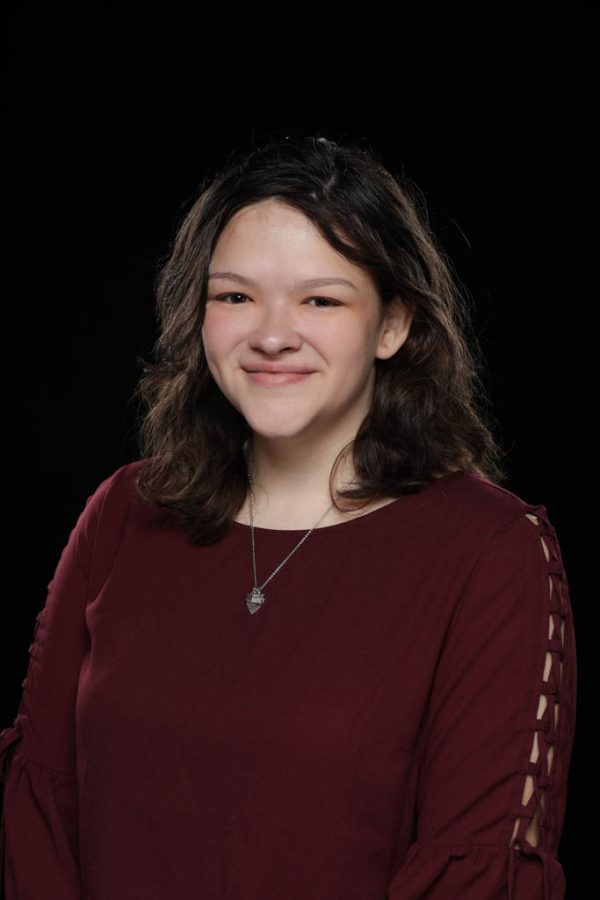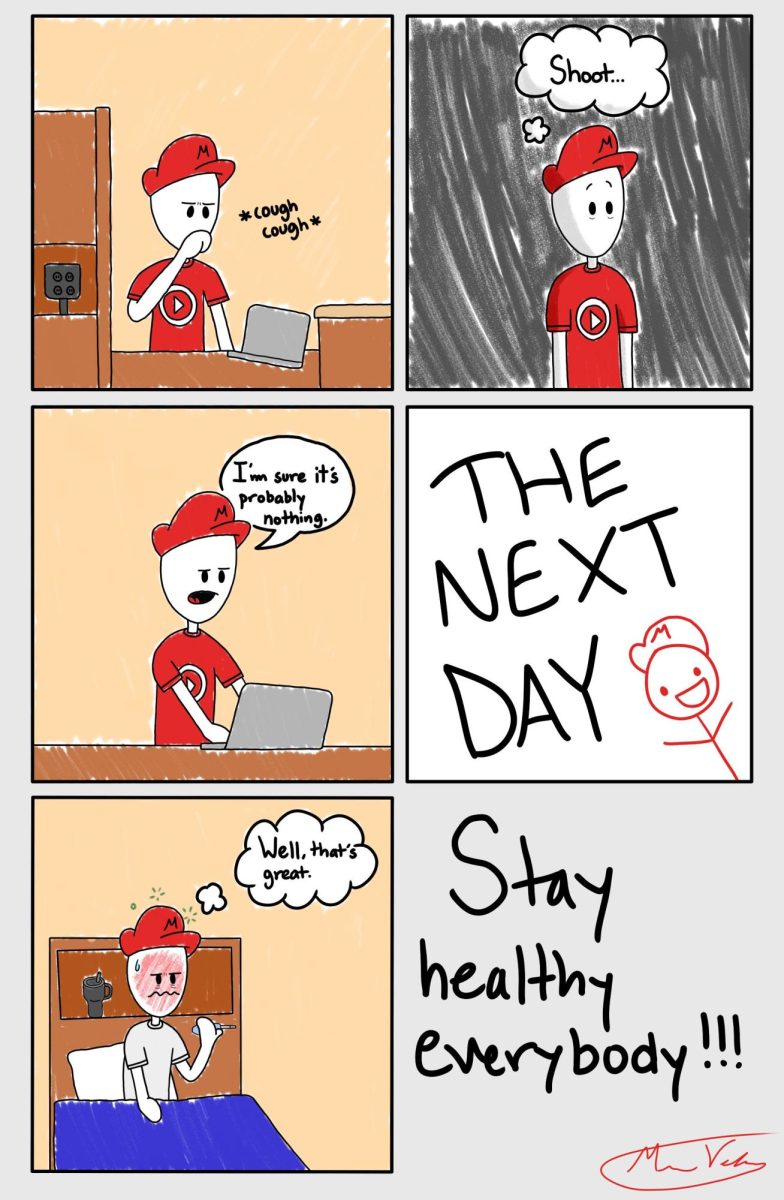“It makes me not want to do journalism anymore.”
When I said those words, I was in the middle of my junior year, sitting in The Collegian office. I looked over at my editor with tears in my eyes and told her I wanted to quit.
I didn’t quit, but that wasn’t the last time I thought about it. In the throes of a late-night production and a moment of intense discouragement and frustration, I had to answer a very important question.
Why am I a journalist?
When 2020 hit the world like a train, the news became everything. Mass media was the only thing keeping us connected to each other. It let us know the latest numbers of COVID-19 cases, the status of the election, the economic crises and the struggles of quarantines and lockdowns.
Information was the most important commodity during the pandemic, and there was simultaneously too much of it and not enough. So, journalism and the media were blamed, and often rightfully so.
No one knew whom to trust. With conflicting reports and suspicious beliefs that things were being hidden from us or lies were being spread, I heard the words “the media” hissed with disdain, anger, mockery and even hatred from unbelievers and believers alike. Anything anyone didn’t agree with was labeled fake news. Facts and statistics had doubt cast on them because the information was spread by the media. News reporters in print and broadcast got more attention by insulting politicians than by spreading truth.
It wasn’t about telling the truth. It was about saying what sold, what people wanted to hear. No one listened to the other side’s opinions without vitriol. Debates were only the exchange of acerbic insults. Demeaning each other was the only way to win an argument.
Do why did I want to go into this field?
I realized it was because I was angry.
I was absolutely furious and heartbroken, screeching out my frustration against the darkness of the world with all the pent-up rage in my body. When I looked at the state of the world, I came away angry because all I saw was the destructive, incomprehensible stupidity of sin.
Racism. Police brutality. Government corruption. Oppression. Gender wage gaps. Rape. Child abuse. Abortion. Hypocrisy in the church. Poverty. Selfishness. Slavery.
Hatred.
It was everywhere, and I hated it. I hated hatred. That doesn’t sound like a bad thing, right? We’re supposed to hate sin. With my laptop, pen and paper, I thought I was justified in my anger. I was mimicking Jesus driving the moneychangers out of the temple; my whip was just made of words, not cords.
Here’s the problem: Jesus was perfect and had every right to drive sinners out of His temple. But I was a self-righteous sinner who thought she had the answer to all the world’s problems.
It wasn’t that I didn’t have the answer to all the world’s problems. The answer to all the world’s problems is Jesus Christ, and I am beyond blessed to say that I know Him. But my anger-fueled journalism was beginning to fuel a dangerous kind of pride that made me blind to my own faults, while being condemnatory and unforgiving of the faults of others.
It was exhausting.
Anger takes a lot of physical, mental, emotional and spiritual energy. Ephesians 4:26 reads, “Be ye angry, and sin not: let not the sun go down upon your wrath.”
My anger might have been justified, but the sin resulting from my anger was not. Eventually, I was drained and discouraged, and when I told my editor that I didn’t want to do journalism anymore, I really meant that I didn’t want to be angry anymore.
I realized that my motivation for journalism had to change. I could no longer be fueled by anger because in the end it was killing me. But I had to have something to fuel me or I would just quit.
My motivation had to be love.
Not love of myself or my career—that would lead to pride—but a love for Christ that made me love other people. I had to be driven by caring for others, by wanting to see them heal and grow from their hatred rather than letting my anger over their actions lead me to dismiss or condemn them entirely.
Ephesians 6:12 says, “For we wrestle not against flesh and blood, but against principalities, against powers, against the rulers of the darkness of this world, against spiritual wickedness in high places.” As Dr. Charles Ware said in chapel, I couldn’t just curse the darkness. I had to be spreading light.
When I meet other passionate journalists who want to use their career for God, who want to shake the world awake, this is what I have learned to try to advise. It’s easy to destroy rather than build, especially in a field that focuses so squarely on the bad things in the world.
But while we curse the darkness, let us never forget to spread the light.























































